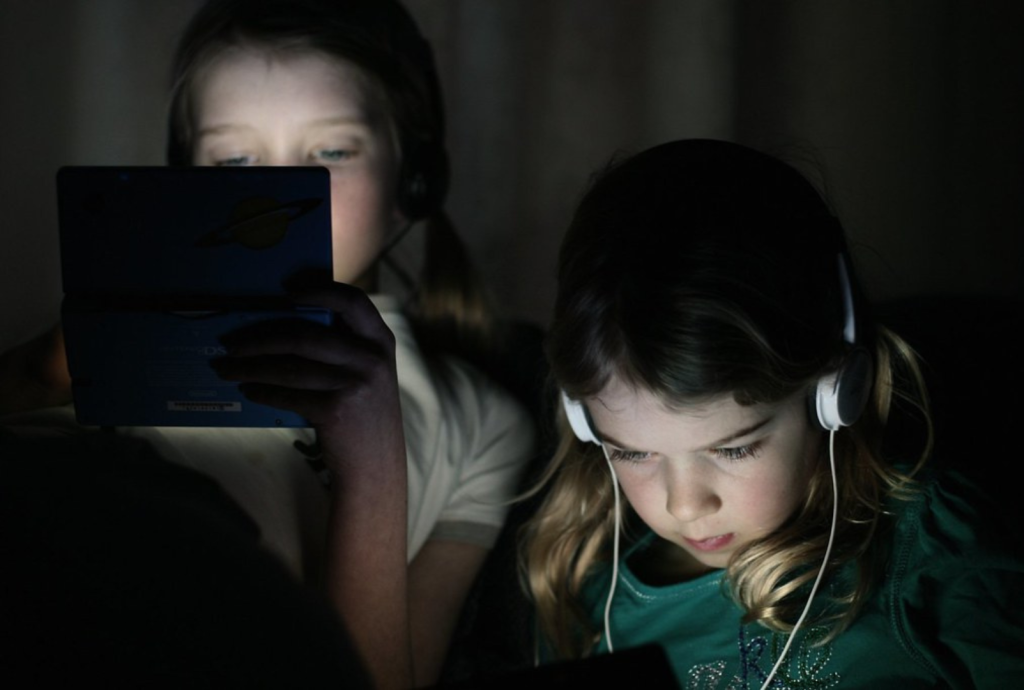
In an era dominated by smartphones, concerns regarding their effects on children’s development have gained prominence. A recent study has shed light on the potential risks associated with excessive smartphone usage among young children. The study, published in the esteemed journal JAMA Pediatrics, involved 7,097 children and their mothers as participants. The research was conducted in Japan as part of the Tohoku Medical Megabank Project Birth and Three-Generation Cohort Study, with the aim of unraveling the intricate relationship between screen time and its impact on children’s interpersonal and motor skills.
Here are some key insights gleaned from the study:
1. Developmental Delays:
Children aged 2 who spent anywhere from one to four hours immersed in screen time were found to be three times more likely to experience developmental delays in areas such as fine motor skills, communication, and problem-solving capabilities.
2. Communication Skills:
The study revealed a staggering increase of nearly five times in the likelihood of children facing delays in their communication skills if their screen time exceeded four hours.
3. Fine Motor Skills and Personal Skills:
Children exposed to more than four hours of screen time demonstrated a 1.74 times higher likelihood of experiencing delayed fine motor skills and a twofold increase in delays in personal and social skills by the age of 2.
4. Impact at Age 4:
As children reached the age of 4, excessive screen time seemed to correlate with lagging development in communication and problem-solving skills.
Experts attribute the hindrance in communication skill development to the absence of interactive engagement that screen time often replaces. Children, in passive consumption of content, miss out on the valuable opportunity of practicing active communication. Additionally, the study underscored the importance of allowing children moments of mild boredom, fostering introspection, and nurturing creativity.
The research also uncovered other contributing factors, including characteristics of mothers whose children engage in extended screen time. Younger mothers, first-time mothers, and those from families with lower household incomes, lower education levels, and a higher likelihood of experiencing postpartum depression were associated with more extensive smartphone usage among their children.
Mitigating this issue requires a proactive approach. Experts advise offering alternative activities to captivate children’s attention, such as books, coloring materials, or traditional toys. When screens are used, prioritizing educational content or video calls with family members and friends can ensure a blend of screen time and valuable social interaction. Opting for longer video content is recommended to prevent undue strain on children’s attention spans.
Ultimately, a holistic solution lies in quality time spent with children. Engaging in activities tailored to their interests, fostering open communication, and orchestrating a balanced approach to screen time is pivotal in nurturing their healthy development and fortifying their readiness to navigate the complexities of the real world.





